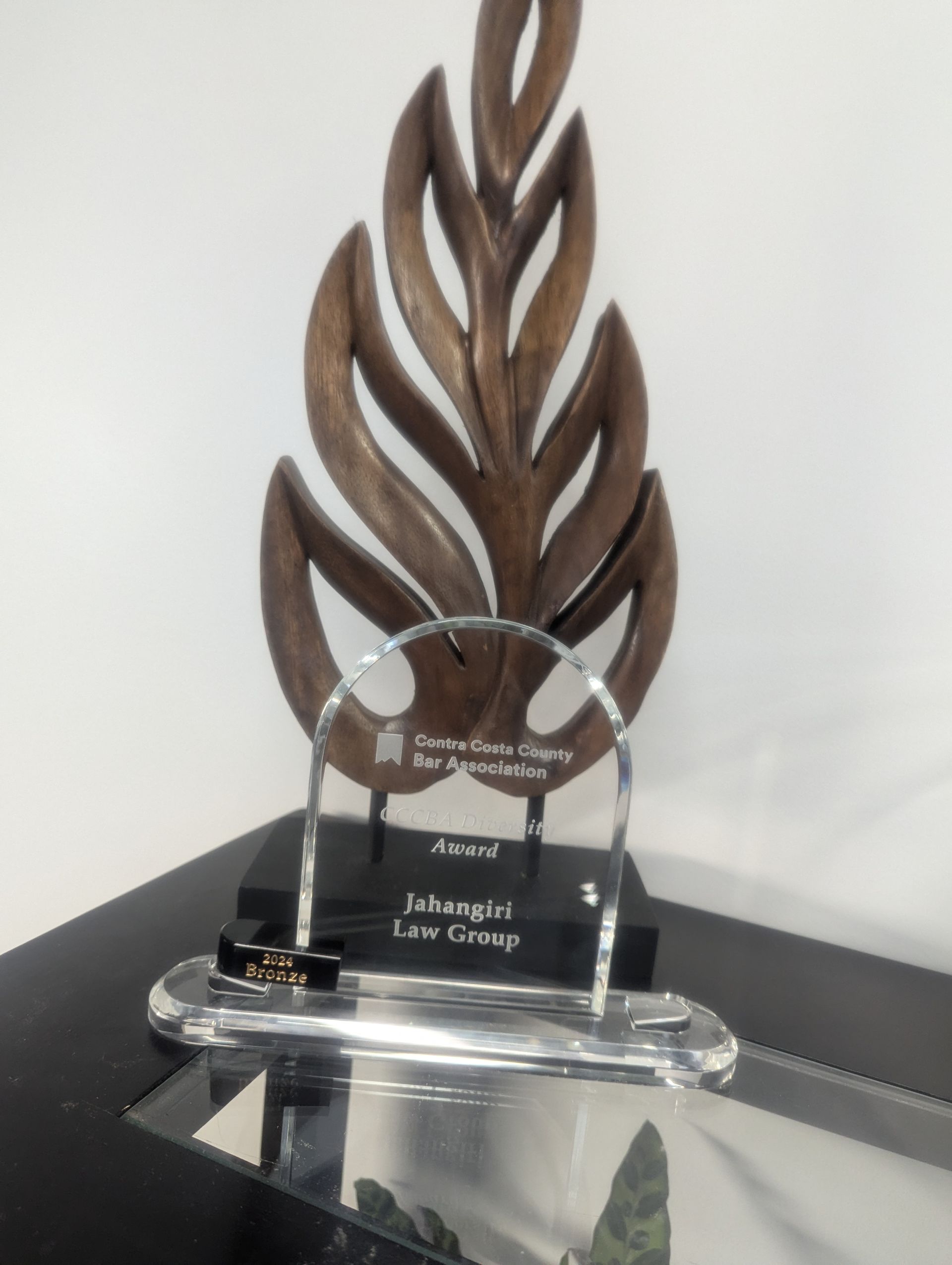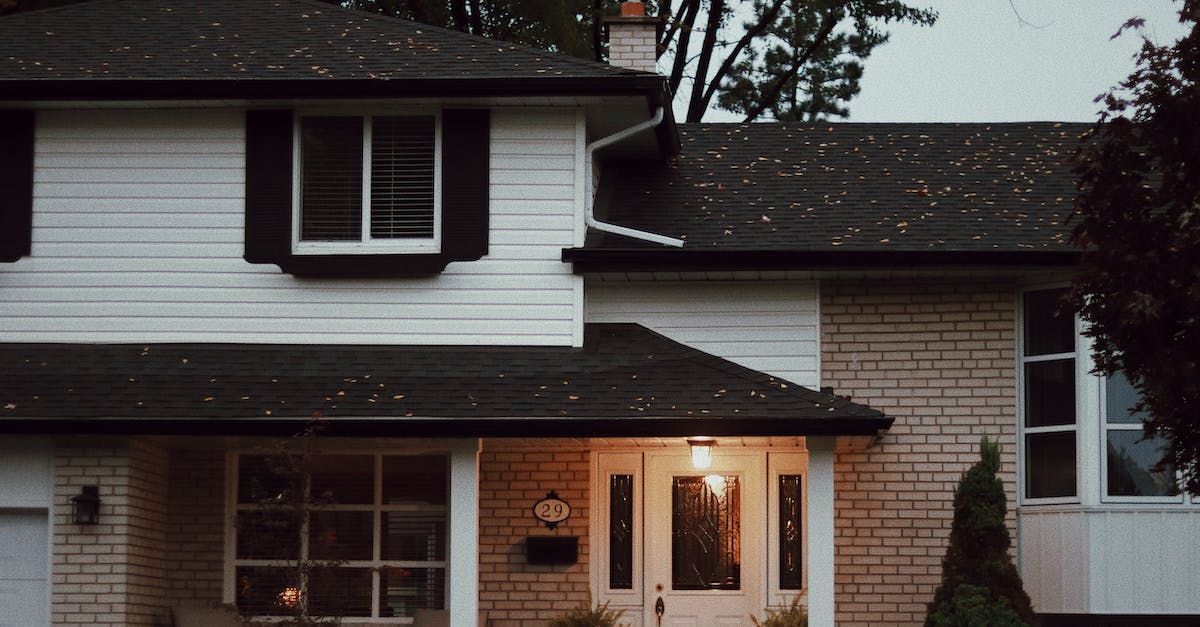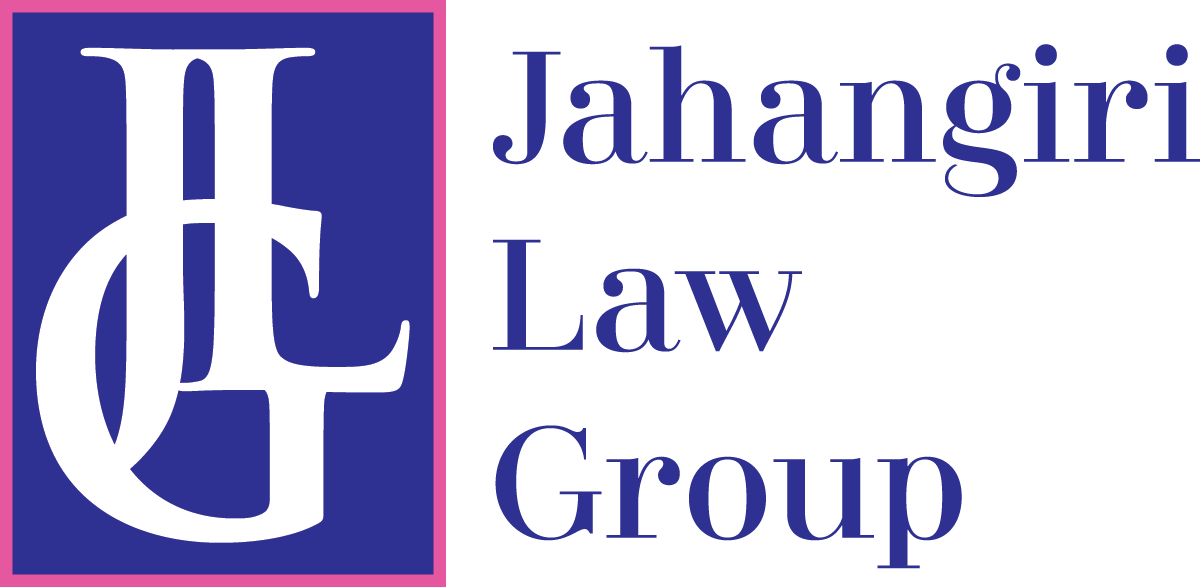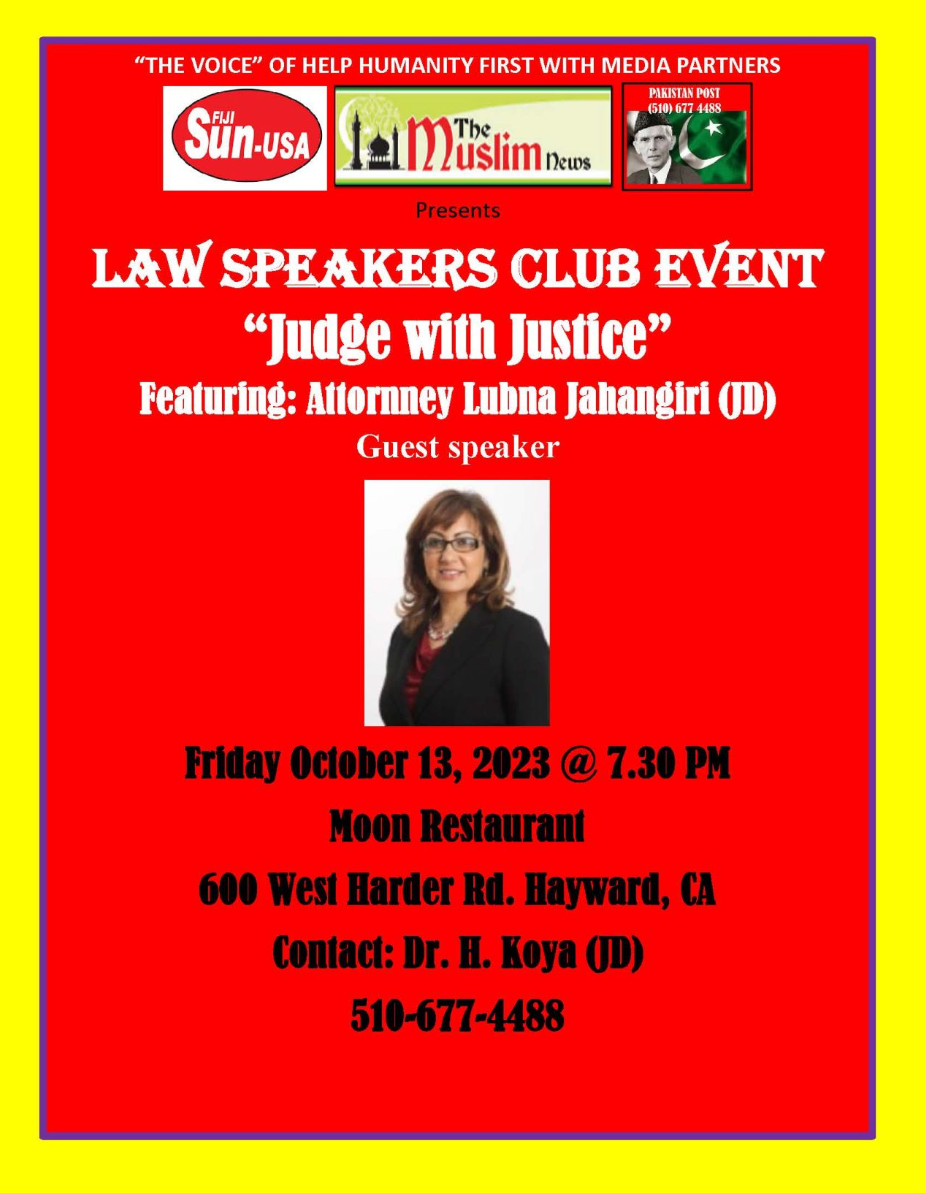Most of the time, merely knowing that someone else is planning on committing perjury, without trying to make it happen, will not amount to suborning perjury. However, while attorneys are barred from trying to influence a witness to lie under oath, they also must not call a witness whom they know or believe will lie under oath. And, once an attorney learns that a client or any witness intends to lie under oath, the attorney must inform the witness of the consequences of committing perjury and advise the witness not to do so.
In a civil or criminal trial, if the witness who intends to give false testimony is not the attorney’s client, the attorney is duty-bound not to call that witness. No matter how much the attorney’s client wants that person to testify, the lawyer can just say no.
Neither the State Bar Act nor the California Rules of Professional Conduct specifically mention use of perjured testimony. Rather, they simply state lawyers must employ “such means only as are consistent with truth.” [ Bus. & Prof.C. § 6068(d); CRPC 5–200(A) (emphasis added)]
However, under the ABA Model Rules: “A lawyer shall not knowingly . . . offer evidence that the lawyer knows to be false.” [ ABA Model Rule 3.3(a)(3)] In addition, the ABA Model Rules require a lawyer who has offered false material evidence to take reasonable remedial measures when he or she becomes aware of its falsity. [ ABA Model Rule 3.3(a)(3)]
Both the ABA Model Code (DR 7–102(A)(4)) and the ABA Model Rules (3.3(a)(3)) preclude “knowing” use of perjury. “Knowing” means actual knowledge that the witness intends to lie on the witness stand, although that knowledge may be inferred from the circumstances. [ABA Model Rules, Terminology ¶ 5; see Orange County Bar Ass’n Form.Opn. 2003–01 (adopting “actual knowledge” standard)]
An attorney must attempt to dissuade the client from committing perjury: “(A)t a minimum the attorney’s first duty when confronted with a proposal for perjurious testimony is to attempt to dissuade the client from the unlawful course of conduct.” [ Nix v. Whiteside (1986) 475 US 157, 169, 106 S.Ct. 988, 995; People v. Johnson (1998) 62 CA4th 608, 621, 72 CR2d 805, 811–812—“The persuasion solution, when it succeeds, is the ideal solution since it involves neither the presentation of perjured testimony nor disclosure of client confidences”]
The duty to discourage prospective perjury applies to all lawyers: “No lawyer, whether prosecutor or defense counsel, civil or criminal, may knowingly present lies to a jury and then sit idly by while opposing counsel struggles to contain this pollution of the trial.” [ United States v. LaPage (9th Cir. 2000) 231 F3d 488, 492—criminal conviction overturned where prosecutor failed to correct prosecutorial testimony known to be false]
The attorney is the “captain of the ship” with regard to presentation of evidence (at least in civil proceedings) and risks liability accordingly.
It is a crime (subornation of perjury) to “willfully procure another person to commit perjury.” [ Pen.C. § 127 (emphasis added)] Comment: This is a specific intent crime and would apply only where the attorney is the instigator of the perjured testimony.
An attorney who attempts to or does mislead the court is guilty of direct contempt: “The presentation to a court of a statement of fact known to be false presumes an intent to secure a determination based upon it . . .” [ Vaughn v. Mun.Ct. (1967) 252 CA2d 348, 358, 60 CR 575, 581; Vickers v. State Bar (1948) 32 C2d 247, 253, 196 P2d 10, 13–14—“The conduct denounced . . . is not the act of an attorney by which he successfully misleads the court, but the presentation of a statement of fact, known by him to be false, which tends to do so”]
Misleading the court is an “act of moral turpitude” and cause for discipline. [ Bus. & Prof.C. § 6106—attorney’s acts of moral turpitude are cause for discipline; In re Jones (1971) 5 C3d 390, 400–401, 96 CR 448, 454–455—convictions for subornation of perjury and offering false evidence; Worth v. State Bar (1978) 22 C3d 707, 711, 150 CR 273, 275–276—attorney disbarred for falsifying evidence in State Bar disciplinary proceeding]
JAHANGIRI LAW GROUP, APC specializes in business and corporate law , business, commercial and real estate litigation and transactions. We are located in San Ramon, Contra Costa County. We are open from 8:30 a.m. to 5 p.m., Monday to Friday. To make an appointment please call 925-574-0100.
The post Suborning Perjury appeared first on Jahangiri Law Group.




